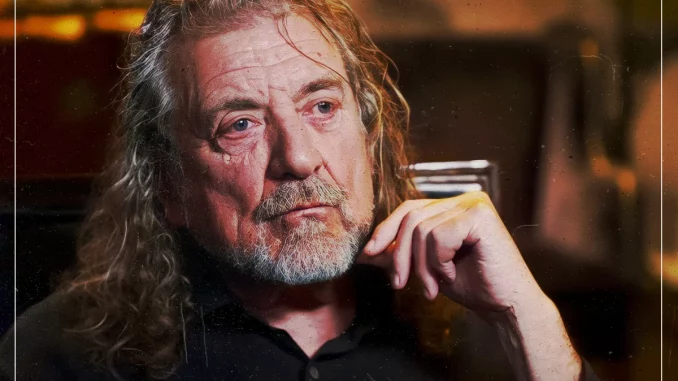
Heartbreaking: Robert Plant has announced he has parted ways with Led Zeppelin due to the following…
Robert Plant on his best vocals since Led Zeppelin: “Better and more effective”
Time is a singer’s worst enemy. Any artist can spend time honing their chops behind the scenes and manage to get better with age, but when it comes to vocalists, there’s only a short window for when the voice is in its prime, so it’s best to record as much as they can while they’re still able to get out a decent note. While Robert Plant managed to take care of his voice and see it age like a fine wine, he thought that ‘Dreamland’ brought back the version of ‘Percy’ that many people knew and loved.
Because right after Led Zeppelin, the last thing Plant wanted to do was sound like his old band. There was still room for him to grow outside of just the soulful blues man, and albums like Now and Zen are bold explorations of what he could do when he decided not to use the blues as a crutch.
That’s not to say that everything has been great. His attempt to sound like Talking Heads on Shaken ‘n’ Stirred is still one of the funnier attempts by a rock star to stay hip with the kids, but maybe it took that big a faceplant for Plant to realise what he was able to do with his voice on Dreamland.
Despite incorporating more electronic elements into his sonic identity during his solo career, this move towards rootsy rock and roll was much closer to his usual wheelhouse. While most of the album is just covers of old country-leaning songs, the version of Plant that appeared on tracks like ‘Thank You’ and ‘Ten Years Gone’ shows up here, almost like he was trying to explore what he would sound like as a crooner.
Even though he had this folk-leaning style when putting together The Band of Joy before Zeppelin, Plant still thought that this was the closest he had come to matching his classic sound, saying, “With Dreamland, I think I sang better and more effectively and naturally than I have done since ‘The Rain Song’.”
While the Houses of the Holy deep cut is probably never going to be topped, it’s easy to see where Plant is coming from. After spending years reaching the rafters every time he performed, he realised that there was only so far he could go with that, so it was better to explore what his lower register was like so he could use it later.
In fact, if Plant hadn’t made a record like this, there’s a good chance that the version that people know today wouldn’t have worked. He still had his bearings as a singer, but his turn towards folksy music with Allison Krauss on Raising Sand comes from him cutting his teeth with the genre on this record.
There’s a lot more grit to what Plant did with his old outfit, but Dreamland occupies one of the more unique spaces in his catalogue. It’s not exactly the easiest career move to make, but hearing him try his hand at something new and make it work is how rock stars stay inspired instead of regurgitating their old sound all over again.
Leave a Reply